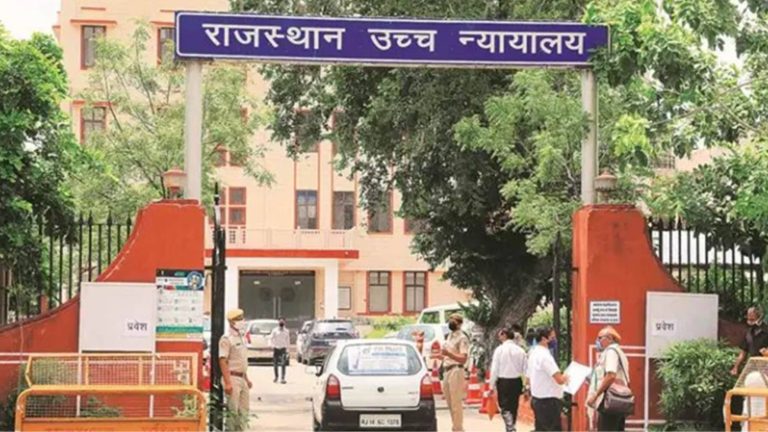Nov 16, 2025 — the Rajasthan High Court in the case of State of Rajasthan &Anr. v. Manju Berwa & Anr.(D.B. Spl. Appl. Writ No. 1281/2025 ) has held that an employee, whose termination was solely grounded in the pendency of a criminal case, is entitled to reinstatement after being acquitted. The Division Bench of Justice Pushpendra Singh Bhati and Justice Anuroop Singhi dismissed the State’s appeal and upheld the orders of both the Labour Court and a Single Judge bench.
The case involves a woman who was employed as a Multi-Purpose Worker in the Medical and Health Department. An FIR was lodged against her following a family dispute, and she spent time in judicial custody. After she was released on bail and sought to return to duty, the administration denied her resumption and ultimately terminated her services, citing her judicial custody as the reason.
While she challenged the dismissal via industrial-dispute proceedings, the criminal case progressed. During these proceedings, a competent criminal court acquitted her of all charges. The Labour Court quashed her termination, ordering her reinstatement on the same contractual terms. The Single Judge upheld this, but restricted back wages, granting notional service benefits instead.
Also read – Child Care Leave Denial Cannot Be Mechanical, Must Prioritise Child’s Welfare: Delhi High Court
The State argued before the High Court that acquittal alone does not automatically guarantee reinstatement or service benefits. It contended that unless the termination order was “perverse” or legally unsound, an order of reinstatement could not simply follow from acquittal.
However, the High Court rejected this argument. The judges noted that “the very foundation” of the employee’s dismissal was the pendency of the criminal case. With her acquittal, that foundation no longer existed. The Court found no perversity or legal error in the findings of the lower courts, and thus ruled that the termination “could not stand once the criminal case had ended in acquittal.”
This judgment reinforces the principle that disciplinary or administrative action based solely on a pending criminal allegation loses its basis if the accused is later cleared by a competent court.
Legal experts say this ruling may have broad implications for public-sector employees whose services were terminated or suspended amid criminal proceedings. The judgment clarifies that if no separate material (apart from the FIR or arrest) justified their removal, acquittal should pave the way for their return to service.










